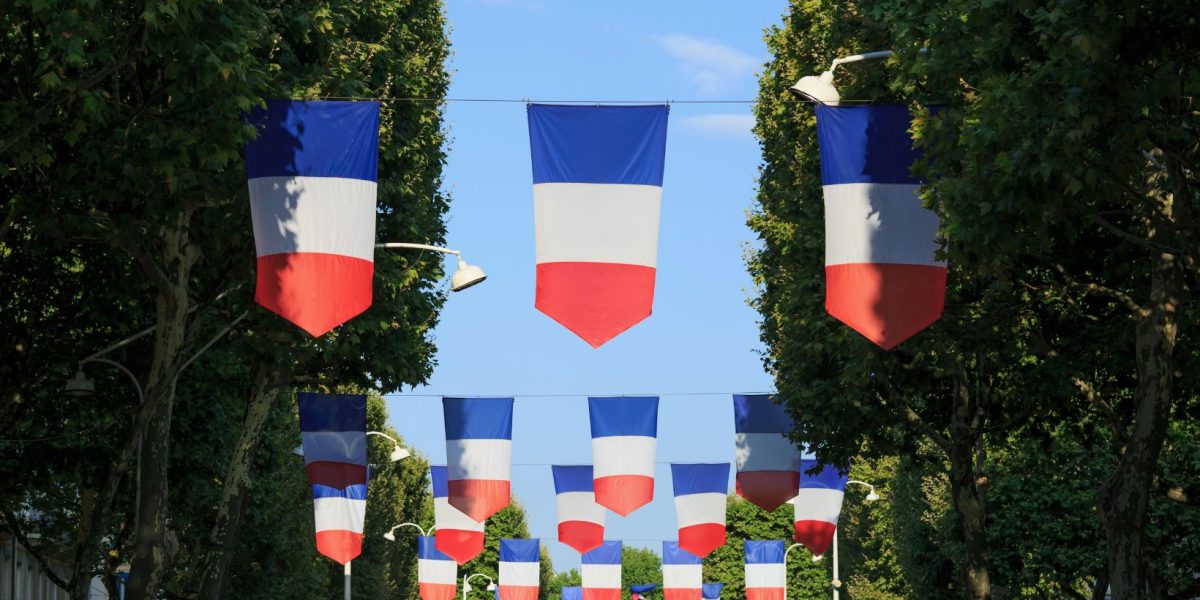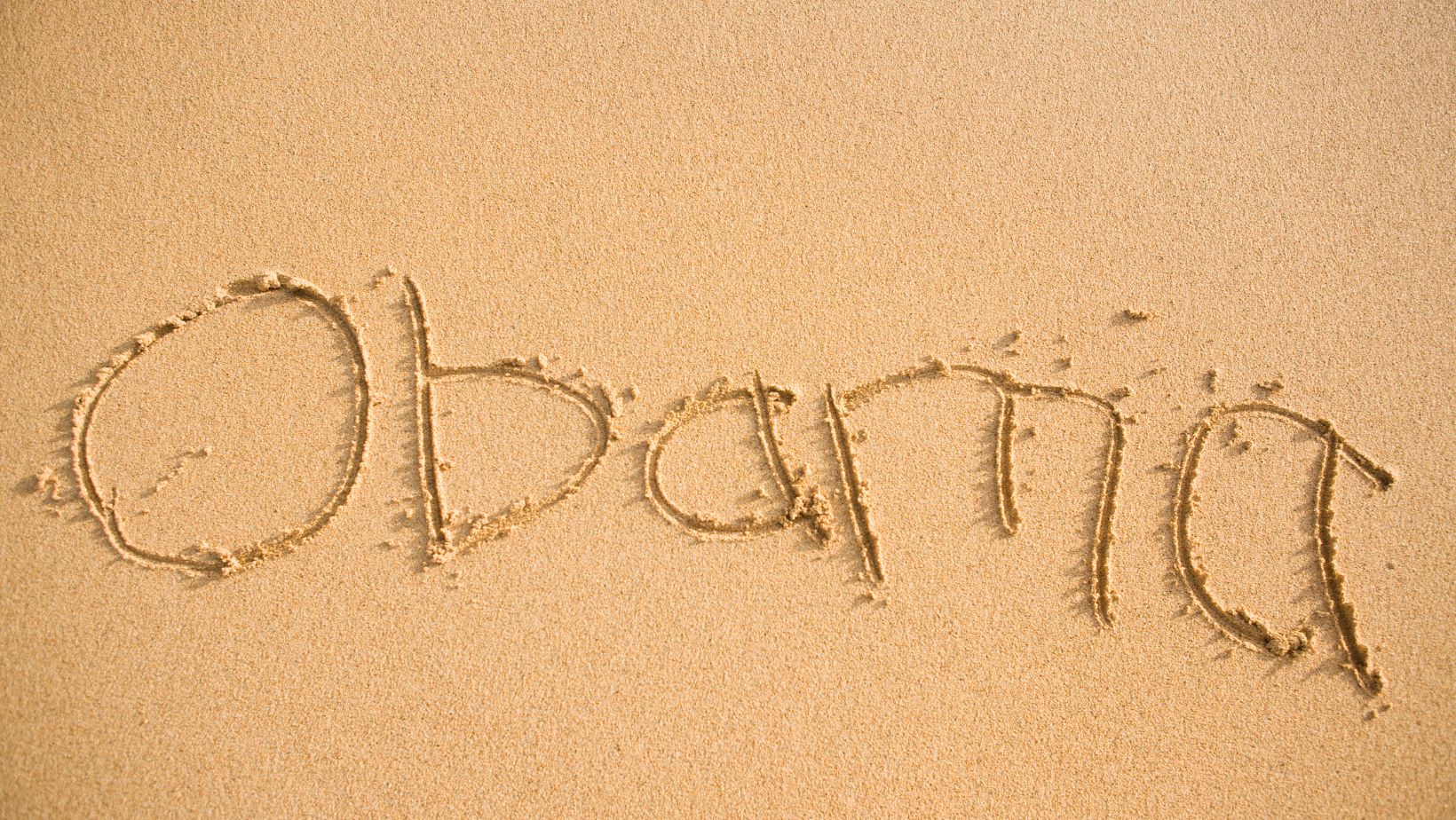A Celebration of Freedom and Unity
Bastille Day, or “La Fête Nationale,” is celebrated on July 14th each year in France, marking a pivotal moment in the French Revolution. It commemorates the storming of the Bastille prison in 1789, a symbolic event that ignited the revolutionary spirit and ultimately led to the fall of the monarchy. Today, Bastille Day is a day of national pride, festivity, and reflection, celebrated not only in France but around the world.
Historical Significance
The Bastille was a medieval fortress and prison in Paris that represented the absolute power of King Louis XVI’s regime. On July 14, 1789, revolutionaries stormed the Bastille, freeing its prisoners and seizing weapons. This event is seen as a critical turning point in the French Revolution, symbolizing the uprising against tyranny and the fight for liberty, equality, and fraternity—the core values of the French Republic.
The fall of the Bastille demonstrated the power of the common people to challenge and overthrow an oppressive regime. It marked the beginning of a series of events that would eventually lead to the establishment of a democratic government in France. The day has since become a powerful symbol of freedom and the struggle for human rights.
Celebrations in France
Bastille Day is celebrated with grandeur and enthusiasm across France, with Paris at the heart of the festivities. The most notable event is the military parade on the Champs-Élysées, attended by the President of France and other dignitaries. This parade, which showcases the country’s military strength and unity, is the oldest and largest regular military parade in Europe.
Fireworks displays light up the skies over Paris, especially around the Eiffel Tower, drawing large crowds of locals and tourists alike. The celebrations also include public dances known as “Bals des pompiers” (Firemen’s Balls), held at fire stations across the country. These events are open to the public and foster a sense of community and national pride.
In addition to these, there are concerts, communal meals, and various cultural activities. Many museums and public institutions offer free admission on Bastille Day, encouraging people to engage with their history and heritage.
Global Celebrations
Bastille Day is not only a French affair; it is celebrated by French expatriates and Francophiles worldwide. Cities such as New York, London, and Sydney host events to mark the day, including street fairs, parades, and French-themed parties. These celebrations often feature French food, music, and cultural activities, allowing people to partake in the spirit of the day and express solidarity with France.
Reflection and Modern Relevance
Bastille Day is more than just a celebration; it is a day for reflection on the values of freedom, equality, and fraternity. It serves as a reminder of the importance of these principles in contemporary society. In a world where issues of social justice, human rights, and democracy are continually at the forefront, the message of Bastille Day remains profoundly relevant.
The day encourages people to remember the sacrifices made in the pursuit of liberty and to consider the ongoing struggles for freedom and justice around the globe. It is a time to honor the past while looking forward to a future where the ideals of the French Revolution can be realized for all.
Conclusion
Bastille Day is a vibrant and meaningful celebration that encapsulates the spirit of the French Revolution and its enduring impact on the world. Whether through grand parades, fireworks, or reflective gatherings, it is a day that brings people together to honor the principles of liberty, equality, and fraternity. As we celebrate Bastille Day, we are reminded of the power of collective action and the importance of standing up for our rights and freedoms.



